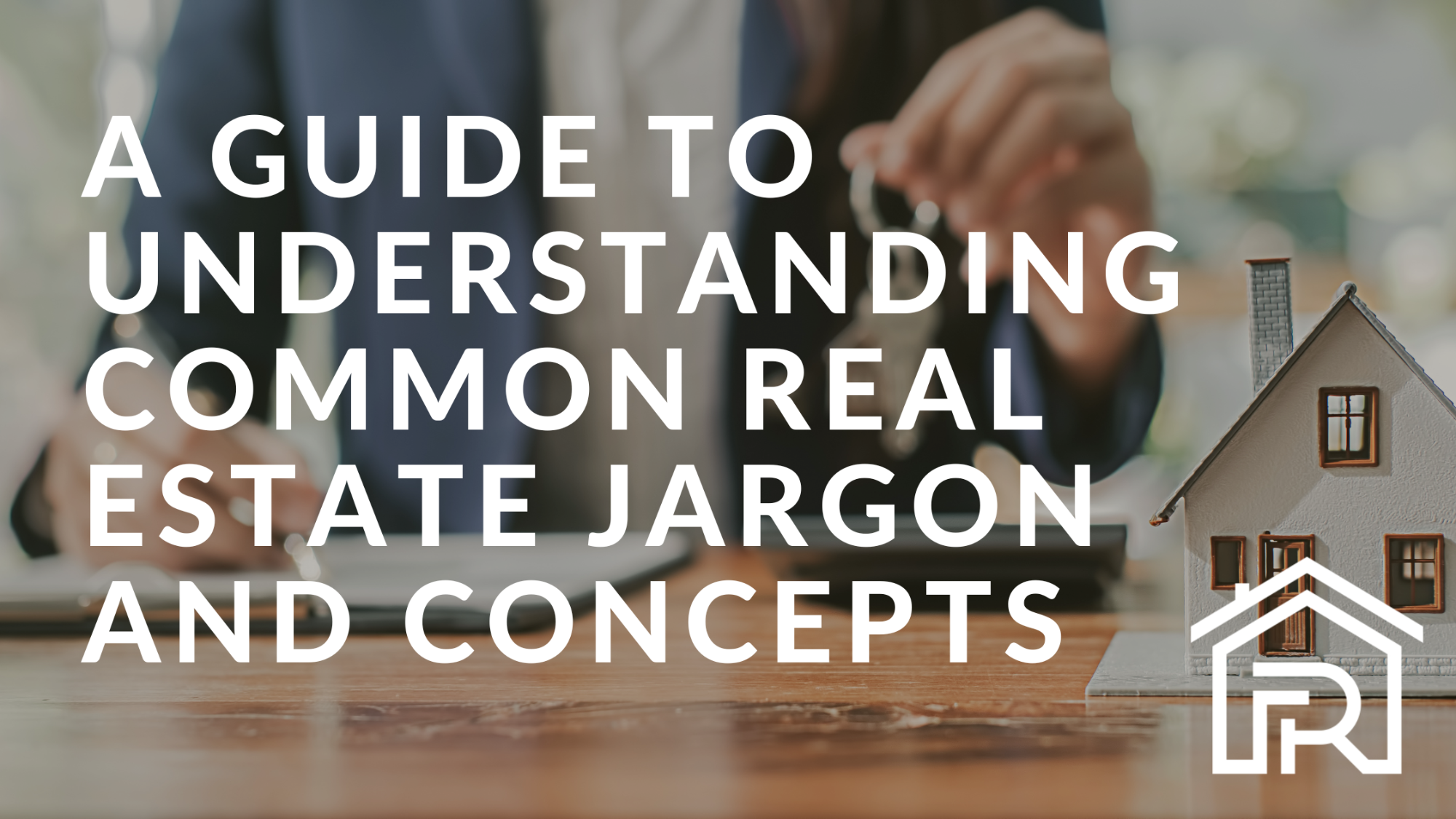Explaining Real Estate Terminology: A Guide to Understanding Common Jargon and Concepts
 The real estate industry is filled with unique terminology and jargon that can be confusing for those who are not familiar with it. Whether you're a first-time homebuyer, seller, or simply interested in the real estate market, understanding these terms is essential for navigating transactions and discussions effectively. In this blog post, we'll break down some of the most common real estate terminology and concepts, providing clear definitions and explanations to help you grasp the language of the industry.
The real estate industry is filled with unique terminology and jargon that can be confusing for those who are not familiar with it. Whether you're a first-time homebuyer, seller, or simply interested in the real estate market, understanding these terms is essential for navigating transactions and discussions effectively. In this blog post, we'll break down some of the most common real estate terminology and concepts, providing clear definitions and explanations to help you grasp the language of the industry.
Listing Agent vs. Buyer's Agent: Roles and Responsibilities
When it comes to real estate transactions, it's important to understand the difference between a listing agent and a buyer's agent. A listing agent represents the seller and is responsible for marketing the property, negotiating offers, and guiding the seller through the selling process. On the other hand, a buyer's agent represents the buyer's interests and helps them find suitable properties, negotiate offers, and navigate the buying process. Knowing the distinction between these roles will help you better understand who is working for whom in a transaction.
Appraisal: Determining Property Value
An appraisal is an unbiased assessment of a property's value conducted by a licensed appraiser. It involves an evaluation of various factors, such as the property's condition, location, size, comparable sales in the area, and current market conditions. Lenders often require an appraisal to ensure the property's value aligns with the proposed loan amount. Understanding the appraisal process is crucial, as it directly affects financing and negotiations during a real estate transaction.
Closing Costs: Additional Expenses at the End of a Transaction
Closing costs refer to the fees and expenses associated with the finalization of a real estate transaction. These costs include charges such as loan origination fees, title insurance, attorney fees, property taxes, and other administrative expenses. Buyers and sellers typically share these costs, although specific arrangements may vary depending on local customs and negotiations. Familiarizing yourself with common closing costs will help you anticipate and budget for these expenses.
Contingencies: Conditions That Must Be Met
Contingencies are conditions included in a real estate contract that must be satisfied for the transaction to proceed. Common contingencies include home inspections, mortgage financing, appraisal results, and the sale of the buyer's existing property. Contingencies provide protection and allow buyers or sellers to back out of the transaction if certain conditions are not met. Understanding contingencies is crucial, as they can affect the timeline and outcome of a real estate deal.
MLS (Multiple Listing Service): A Centralized Property Database
The MLS is a comprehensive database that real estate agents use to share information about properties available for sale. It contains detailed listings with property descriptions, photographs, and relevant information for buyers and agents to access. Understanding how the MLS works will help you navigate property searches, monitor market activity, and stay informed about available properties.
Becoming familiar with real estate terminology and concepts is vital for anyone involved in buying, selling, or investing in real estate. By understanding the common jargon and concepts discussed in this blog post, you'll be better equipped to communicate effectively, make informed decisions, and navigate the complexities of the real estate market. Whether you're a first-time homebuyer or simply interested in the industry, taking the time to grasp these fundamental terms will empower you to engage in real estate transactions with confidence.
Categories
Recent Posts











